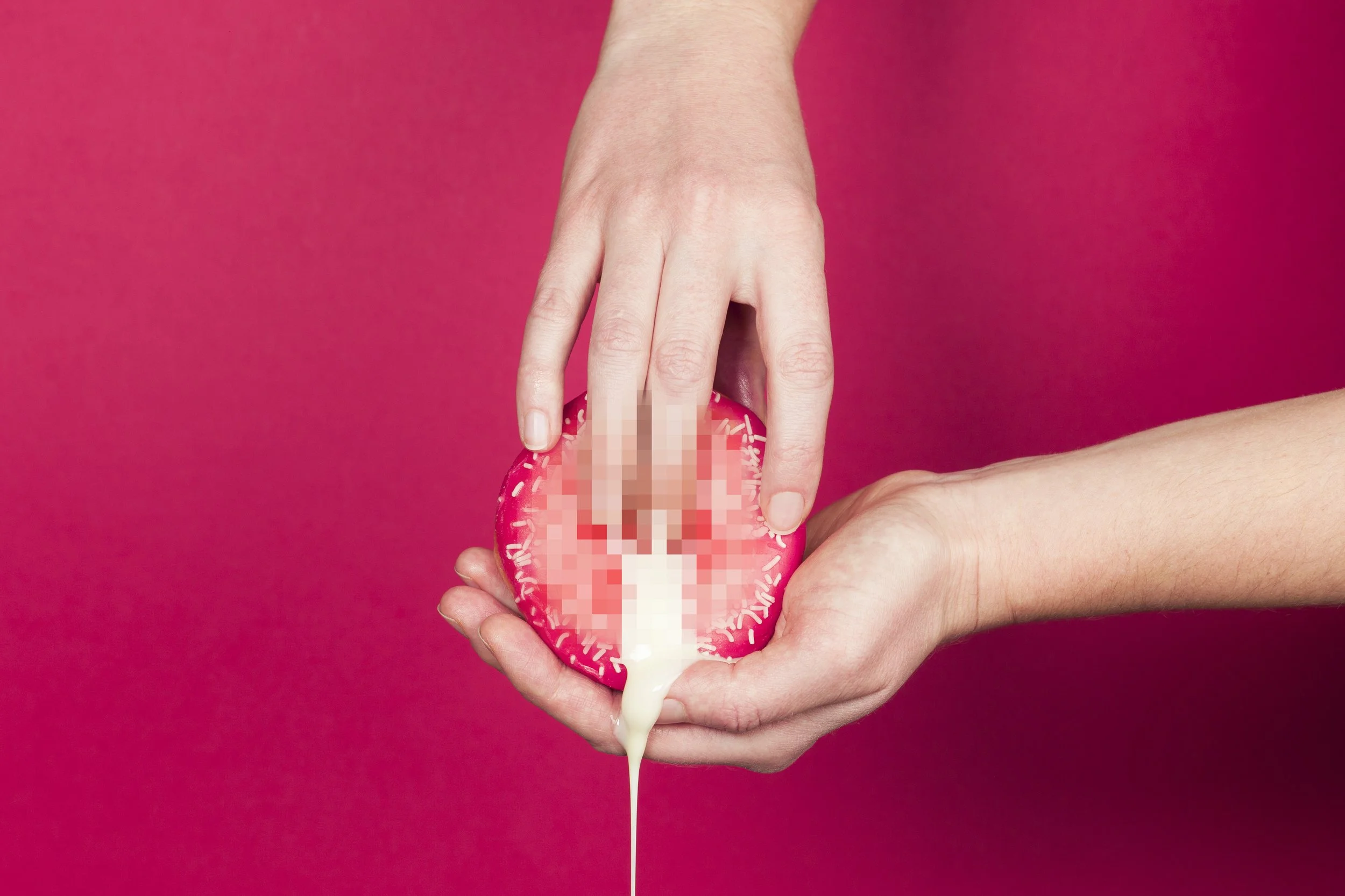Own Your Pleasure: Liberate Yourself from Shame and Guilt Around Masturbation
Masturbation is a natural and normal aspect of human sexuality. Yet, for many, feelings of shame and guilt often surround this topic. Society, cultural taboos, and even misinformed beliefs have contributed to the negative stigmas associated with self-pleasure. In this blog post, we aim to challenge these misconceptions and encourage a healthier perspective on masturbation, emphasizing its many benefits and the importance of overcoming feelings of shame and guilt.
Understanding the Shame and Guilt
Masturbation has been met with mixed reactions throughout history. Cultural, religious, and societal norms have sometimes painted it as a taboo or sinful act. These negative perceptions have perpetuated feelings of shame and guilt in individuals who engage in masturbation. Here are some common reasons why people might feel ashamed or guilty about self-pleasure:
Cultural and Religious Beliefs: Many cultures and religions have varying views on masturbation, with some labeling it as a sinful or morally wrong act.
Lack of Education: Insufficient sex education can lead to misconceptions and misunderstandings about the normalcy of masturbation.
Social Stigma: Society's mixed messages about sexuality can result in individuals feeling that masturbation is something to be kept hidden or not discussed openly.
Body Image Issues: Insecurities about one's body can lead to feelings of guilt when engaging in self-pleasure.
Negative Past Experiences: Traumatic experiences or guilt-inducing teachings from the past can contribute to ongoing feelings of shame.
Relationship Dynamics: Some individuals may feel guilty about masturbating when they are in a relationship, fearing that it suggests dissatisfaction with their partner.
The Benefits of Masturbation
Contrary to the shame and guilt that often surround masturbation, it's essential to acknowledge the numerous physical and psychological benefits associated with this practice. Here are some of the advantages of embracing self-pleasure as a normal activity:
Stress Relief: Masturbation can be an effective stress reliever, helping individuals relax and reduce tension.
Better Sleep: Achieving orgasm through masturbation can release endorphins and promote better sleep.
Pain Relief: Masturbation can provide relief from menstrual cramps, headaches, and other types of pain.
Improved Sexual Function: Understanding one's own body through masturbation can lead to better sexual function and greater satisfaction in partner-based sexual activities.
Enhanced Mood: The release of endorphins during masturbation can improve mood and reduce symptoms of depression and anxiety.
Improved Body Image: Masturbation can help individuals become more comfortable with their bodies and develop a healthier body image.
Self-Exploration: It's an opportunity for self-exploration, allowing individuals to understand their desires, preferences, and boundaries.
Safe Sex: Masturbation is the safest form of sexual activity, as it carries no risk of sexually transmitted infections (STIs) or unintended pregnancy.
Overcoming Shame and Guilt
Embracing masturbation as a normal activity requires overcoming the feelings of shame and guilt associated with it. Here are some steps to help individuals work towards a healthier perspective:
Education: Educate yourself about the benefits of masturbation and the normalcy of self-pleasure. Knowledge can help counteract false beliefs.
Positive Self-Talk: Challenge negative thoughts and self-judgment with positive self-talk. Remind yourself that masturbation is a natural and healthy part of human sexuality.
Seek Support: Talk to friends, a therapist, or support groups about your feelings. Knowing that you're not alone in your experience can be incredibly liberating.
Understanding Beliefs: If religious or cultural beliefs have contributed to your feelings of guilt, engage in open and respectful conversations with trusted advisors or spiritual leaders to gain a better understanding.
Mindfulness and Self-Compassion: Practicing mindfulness and self-compassion can help you become more accepting of yourself and your desires.
Normalize the Conversation: Engage in open conversations about masturbation with friends, partners, or even within your community to help reduce the stigma surrounding it.
Set Boundaries: Communicate your boundaries and expectations with your partner, ensuring that both parties are comfortable with the topic of masturbation within the relationship.
Start Slowly: If you're trying to overcome deep-seated feelings of shame, start slowly and gradually reintegrate self-pleasure into your life.
Celebrate Yourself: Celebrate the fact that you're embracing a healthier perspective on your own sexuality. Self-acceptance is a beautiful journey.
Masturbation is a completely normal and healthy aspect of human sexuality. It's important to challenge the shame and guilt often associated with it and recognize the many physical and psychological benefits that self-pleasure can provide. By educating yourself, seeking support, and engaging in open conversations about masturbation, you can work towards a more positive and accepting perspective on this natural form of self-expression. Embracing masturbation as a normal activity can lead to greater self-acceptance, self-discovery, and overall well-being.


